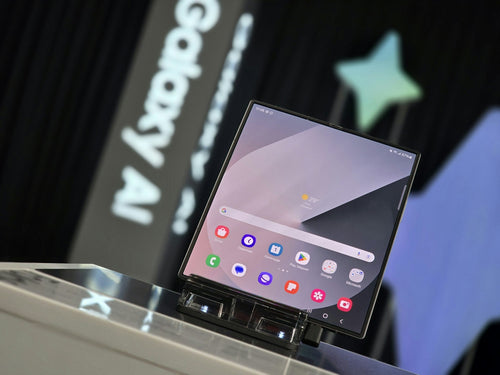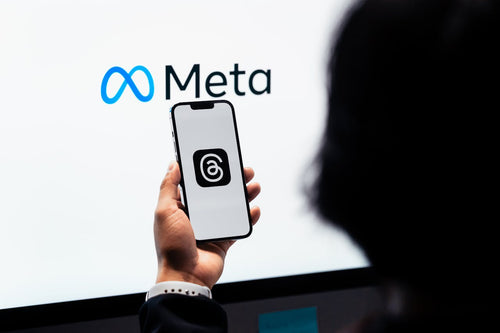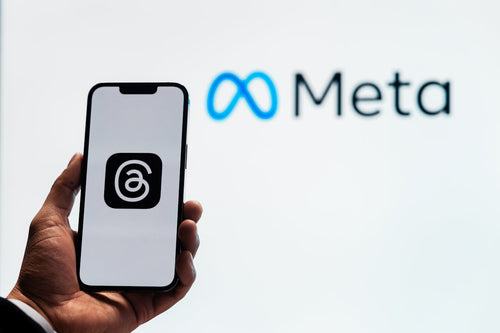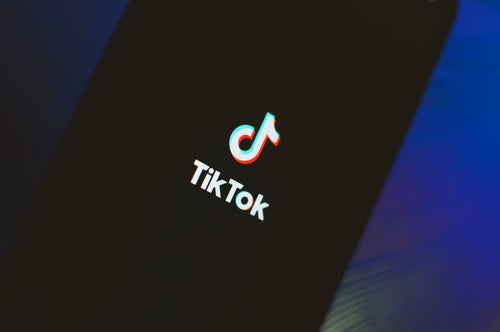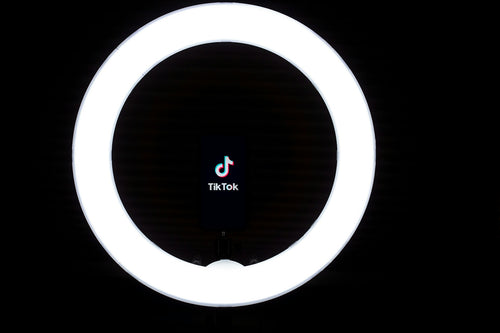HEYWHATSNEW: Meta elimina el contenido generado de los países influyentes, y se filtraron documentos internos de Google.

Hola de nuevo, HeyUppers. Bienvenido para su dosis semanal de titulares de noticias que están cambiando y dando forma al mundo tecnológico tal como la conocemos. Echemos un vistazo a lo que pasó en la semana a partir del 27/05/2024.
CHIPS SAMSUNG HBM Fallando Nvidia Pruebas
Según Reuters, las nuevas y las pruebas de Nvidia no pasaron las pruebas de NVIDIA para que se utilizaran en sus procesadores de IA, según Reuters. Según los informes, los chips tienen problemas con el consumo de calor y energía, y Samsung ha negado estas afirmaciones en un comunicado.
Los problemas involucran el HBM3 de cuarta generación de Samsung y los próximos chips HBM3E. Reuters, citando tres fuentes, informó que Samsung ha estado tratando de hacer que estos chips pasen las pruebas de Nvidia desde 2023, con el último fracaso en abril de este año.
Operai para unir fuerzas con News Corp durante algunos años
Los fabricantes del Bot de chat más famoso del mundo, ChatGPT, han firmado un acuerdo para incluir contenido de noticias del Wall Street Journal, el New York Post, The Times y The Sunday Times en su plataforma. El acuerdo fue anunciado recientemente por las dos compañías matrices involucradas, Openai y News Corp. Sin embargo, los detalles financieros del acuerdo no fueron revelados.
Según el informe de The Guardian, el acuerdo brinda acceso a OpenAI al contenido actual y archivado de todas las publicaciones de News Corp. Esto sigue a un acuerdo reciente OpenAI realizado con el Financial Times, y un acuerdo similar a principios de este año con Axel Springer, propietario de Business Insider y Politico.
Alrededor de 2500 documentos auténticos filtrados de Google Search
Google ha confirmado que una colección de 2.500 documentos filtrados que detallan los datos que recopila es auténtica. Los documentos revelan los datos que rastrea Google, algunos de los cuales pueden usarse en su algoritmo de clasificación de búsqueda.
Según el Verge, Google había afirmado previamente que los datos que recopilan no afectan las clasificaciones de búsqueda.
El juego de realidad virtual interactivo de Marvel "What Of ..." lanzado esta semana
El nuevo juego de Marvel VR basado en la exitosa serie "¿Qué pasaría si ..."? se lanzará exclusivamente en los auriculares Apple Vision Pro esta semana. Rant Game informa que esta exclusividad podría decepcionar a muchos fanáticos que usan otros sistemas de realidad virtual porque actualmente no está claro si "¿y si ..."? " El juego estará disponible en auriculares VR más baratos en el futuro.
Las opciones populares de auriculares VR incluyen la línea VR Meta Quest y PlayStation VR2 de la PS5, pero no se han anunciado planes para expandirse a estas plataformas. Por lo tanto, aquellos interesados en jugar el juego deberán comprar el Apple Vision Pro, que cuesta $ 3,499.00.
Apple puede estar trayendo Apple TV+ a los dispositivos Android
Android Authority informa que una lista de trabajo reciente establece que Apple está buscando a alguien que lidere la creación de "nuevas características divertidas" y ayude a crear una aplicación para que millones de usuarios vean y descubran el contenido de TV y deportes. Apple no ha comentado sobre el listado, pero AA cree que sí indica que la compañía planea llevar su servicio TV+ a dispositivos Android.
Este movimiento sugiere un cambio en la estrategia de Apple. A principios de este año, Apple lanzó aplicaciones independientes de música, televisión y administración de dispositivos para Windows. La compañía se centra cada vez más en los servicios para el crecimiento de los ingresos, en lugar de solo las ventas de hardware.
La navegación web de la imagen en la imagen ahora está disponible para Chrome en Android
Google introdujo recientemente la nueva función de pestañas en el blog de Chromium específicamente para aplicaciones de Android utilizando la función de pestañas personalizadas de Chrome. Esta funcionalidad faculta a los desarrolladores para ofrecer experiencias de navegación a medida dentro de sus aplicaciones.
La apertura de páginas web dentro de una aplicación puede ser tediosa, pero la reciente actualización de Chrome para Android Apps tiene como objetivo simplificar este proceso. Los usuarios ahora pueden abrir páginas web en la aplicación en un modo de imagen en imagen, lo que permite un cambio sin problemas entre la aplicación y la página web sin perder la pista de su sesión de navegación.
Meta toma medidas proactivas contra las campañas de influencia de Israel y otros
Las meta plataformas, propietarias de Facebook, Instagram y WhatsApp, recientemente eliminaron numerosas cuentas de Facebook vinculadas a los esfuerzos de influencia secreta de países como Israel, Irán y Rusia, por nombrar algunas. Algunas de estas cuentas utilizaron herramientas de inteligencia artificial para difundir información falsa, como se indica en el informe de amenaza trimestral de la compañía.
Meta observó que ciertos grupos estaban usando AI para crear imágenes falsas, videos y texto en intentos de influir en los usuarios en sus plataformas. Sin embargo, Meta aseguró que a pesar del uso de IA, aún podía desmantelar estas redes antes de que pudieran ganar tracción entre las comunidades genuinas.
Esa es una envoltura de los titulares de esta semana. Únase a nosotros nuevamente la próxima vez que desempaquemos las últimas noticias que afectan el mundo tecnológico.

















